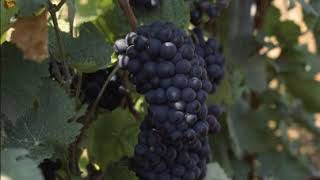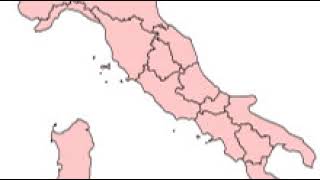Monday, 19 January, 2026г.
















Где искать: по сайтам Запорожской области, статьи, видео ролики
пример: покупка автомобиля в Запорожье
Pinot Meunier | Wikipedia audio article
This is an audio version of the Wikipedia Article:
Pinot Meunier
00:01:00 1 Ampelography
00:02:58 2 Wine regions
00:05:08 2.1 Other regions
00:07:30 3 Possible relationships
00:08:18 4 Synonyms
Listening is a more natural way of learning, when compared to reading. Written language only began at around 3200 BC, but spoken language has existed long ago.
Learning by listening is a great way to:
- increases imagination and understanding
- improves your listening skills
- improves your own spoken accent
- learn while on the move
- reduce eye strain
Now learn the vast amount of general knowledge available on Wikipedia through audio (audio article). You could even learn subconsciously by playing the audio while you are sleeping! If you are planning to listen a lot, you could try using a bone conduction headphone, or a standard speaker instead of an earphone.
You can find other Wikipedia audio articles too at:
https://www.youtube.com/channel/UCuKfABj2eGyjH3ntPxp4YeQ
You can upload your own Wikipedia articles through:
https://github.com/nodef/wikipedia-tts
"The only true wisdom is in knowing you know nothing."
- Socrates
SUMMARY
=======
Pinot Meunier, pronounced [pi.no mø.nje], also known as Meunier or Schwarzriesling, is a variety of black wine grape most noted for being one of the three main varieties used in the production of Champagne (the other two are the black variety Pinot noir and the white Chardonnay). Until recently, producers in Champagne generally did not acknowledge Pinot Meunier, preferring to emphasise the use of the other noble varieties, but now Pinot Meunier is gaining recognition for the body and richness it contributes to Champagne. Pinot Meunier is approximately one-third of all the grapes planted in Champagne. It is a chimeric mutation of Pinot: its inner cell layers are composed of a Pinot genotype which is close to Pinot noir or Pinot gris; the outer, epidermal, layer is however made up of a mutant, distinctive, genotype. Pinot Meunier was first mentioned in the 16th century, and gets its name and synonyms (French Meunier and German Müller - both meaning miller) from flour-like dusty white down on the underside of its leaves.
Теги:
pinot meunier champagne (wine) red wine grape varieties wikipedia audio article learning by listening improves your listening skills learn while on the move reduce eye strain text to speech
Похожие видео
Мой аккаунт


 У вашего броузера проблема в совместимости с HTML5
У вашего броузера проблема в совместимости с HTML5


